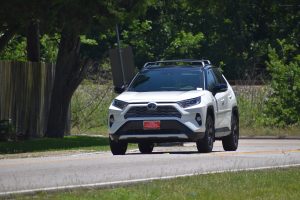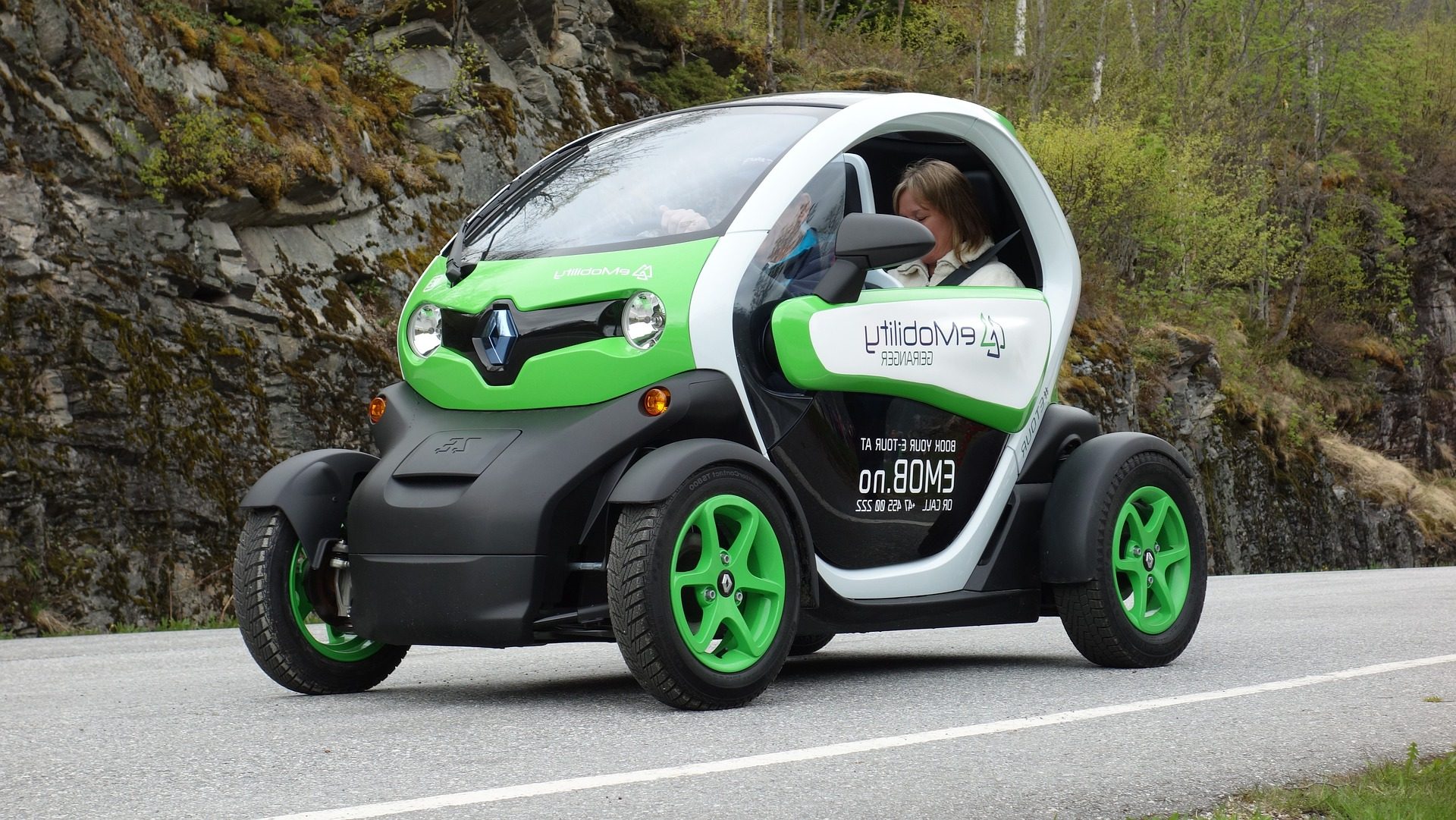Hybrid and electric cars have had a significant impact on the automotive industry over the past few decades. As consumers become increasingly concerned about the environment and fuel efficiency, demand for these types of vehicles has grown steadily. This has led to a number of changes and challenges for the industry as a whole.
The Impact of Hybrid and Electric Cars on the Automotive Industry
One of the most significant impacts of hybrid and electric cars has been on the design and production processes of traditional gasoline vehicles. In order to keep up with consumer demand, many automakers have had to invest in new technologies and manufacturing processes to develop more fuel-efficient and eco-friendly vehicles. This has led to a greater focus on research and development in the industry, and has sparked innovations in areas such as battery technology, electric motors, and powertrain design.
The rise of hybrid and electric cars has also had an impact on the supply chain, as automakers have had to source new materials and components for these vehicles. For example, the production of lithium-ion batteries for electric vehicles requires rare earth metals and other materials that are not typically used in traditional gasoline vehicles. This has created new opportunities for mining and materials companies, but has also raised concerns about the sustainability and ethical implications of the supply chain.
Another impact of hybrid and electric cars has been on the distribution and sales channels for automakers. As demand for these vehicles has grown, many manufacturers have had to expand their dealership networks and invest in new marketing and sales strategies. In addition, the growing popularity of electric vehicles has led to the development of new charging infrastructure, which has created new business opportunities for companies in the energy and utility sectors.
The impact of hybrid and electric cars on the automotive industry has been significant and far-reaching. From changes in design and production processes to new supply chain and distribution challenges, these vehicles have sparked a wave of innovation and transformation in the industry. As the demand for eco-friendly vehicles continues to grow, it is likely that we will see even more changes and developments in the years to come.
Electric Cars For Sale
Electric cars have gained a lot of attention in recent years as a cleaner and more efficient alternative to traditional gasoline-powered vehicles. As a result, there are now many electric cars available for sale on the market, with a range of models and prices to suit different needs and budgets.
One of the main benefits of electric cars is that they offer a much lower operating cost compared to gasoline vehicles. With no need for gas or oil changes, the main cost of ownership is the initial purchase price and the cost of electricity to charge the vehicle. Additionally, electric cars typically have fewer moving parts than traditional cars, reducing the need for maintenance and repairs.
Electric Cars Benefits
Another benefit of electric cars is that they produce zero emissions, making them an environmentally friendly choice. This is particularly important as concerns about air pollution and climate change continue to grow. Many electric car models also come with advanced features such as regenerative braking, which captures energy that is usually lost during braking to recharge the vehicle’s battery.
When it comes to choosing an electric car for sale, there are several factors to consider. These include the range of the vehicle, the cost, the charging infrastructure available in your area, and the type of driving you will be doing. Some electric cars have a range of over 300 miles on a single charge, while others have a more limited range of around 100 miles. Additionally, some electric cars are designed for city driving, while others are better suited for longer trips on the highway.
There are now many reputable car manufacturers offering electric cars for sale, including Tesla, Nissan, Chevrolet, and Hyundai. It’s important to do your research and compare different models to find the one that best suits your needs and budget. With the growing popularity of electric cars, it’s likely that we will continue to see more models and advancements in technology in the coming years.
Hybrid Cars For Lease
Leasing a hybrid car is a popular option for those who want to enjoy the benefits of a more fuel-efficient vehicle without committing to a long-term purchase. Hybrid cars for lease offer several advantages over traditional gasoline vehicles, including lower fuel costs, reduced emissions, and lower maintenance costs.
When you lease a hybrid car, you typically pay a monthly fee for the use of the vehicle over a fixed period of time, usually 2-3 years. This fee covers the depreciation of the car during that time, as well as any additional fees or charges. At the end of the lease period, you have the option to return the car to the dealership, purchase it outright, or lease a new vehicle.
Advantage Of Leasing a Hybrid Car
One of the main advantages of leasing a hybrid car is the lower fuel costs. Hybrid cars use a combination of gasoline and electric power to achieve better fuel efficiency, which can result in significant savings over time. Additionally, hybrid cars typically have longer maintenance intervals than traditional gasoline vehicles, reducing the need for costly repairs and routine maintenance.
Leasing a hybrid car also allows you to try out new technology without committing to a long-term purchase. As hybrid technology continues to evolve, new models with improved performance and features are being released on a regular basis. Leasing allows you to upgrade to a newer model every few years, keeping you up to date with the latest advancements in hybrid technology.
When considering leasing a hybrid car, it’s important to compare the costs and terms of different leases, as well as the features and performance of different hybrid models. Additionally, be sure to read the terms of the lease carefully, including any mileage restrictions or fees, and understand your options at the end of the lease period.
Leasing a hybrid car is a great way to enjoy the benefits of a fuel-efficient and eco-friendly vehicle without committing to a long-term purchase. With many reputable car manufacturers offering hybrid cars for lease, there are plenty of options to choose from to suit your needs and budget.
Affordable Electric Cars
Electric cars have become increasingly popular in recent years due to their environmental benefits and fuel efficiency. However, some potential buyers may be deterred by the high price tag of many electric car models. Fortunately, there are now several affordable electric cars available on the market.
One of the most affordable electric cars is the Nissan Leaf, which has a starting price of around $32,000. The Leaf has a range of up to 150 miles on a single charge and comes with features such as automatic emergency braking and a rearview camera.
Another affordable option is the Chevrolet Bolt, which starts at around $36,000. The Bolt has a range of up to 259 miles on a single charge and comes with features such as a touchscreen infotainment system and a rearview camera.
The Hyundai Kona Electric is another affordable electric car option, with a starting price of around $38,000. The Kona Electric has a range of up to 258 miles on a single charge and comes with features such as a seven-inch touchscreen infotainment system and a rearview camera.
When considering an affordable electric car, it’s important to also factor in any tax credits or incentives that may be available. In some states, electric car buyers can receive significant tax credits or rebates that can lower the overall cost of the vehicle.
With the increasing popularity of electric cars, there are now several affordable options available on the market. These cars offer the benefits of fuel efficiency and eco-friendliness, while also being accessible to a wider range of buyers.

Hybrid Cars Toyota
Toyota is a well-known and reputable car manufacturer that has been at the forefront of hybrid car technology for many years. The company’s line of hybrid cars includes several popular models, including the Toyota Prius, the Toyota Camry Hybrid, and the Toyota RAV4 Hybrid.
One of the most well-known and popular Toyota hybrid cars is the Toyota Prius. The Prius was one of the first hybrid cars to be introduced on the market and has remained a popular choice for environmentally-conscious drivers. The Prius has a fuel efficiency rating of up to 56 mpg and comes with features such as regenerative braking and a touchscreen infotainment system.
Another popular Toyota hybrid car is the Toyota Camry Hybrid. The Camry Hybrid has a fuel efficiency rating of up to 52 mpg and comes with features such as a touchscreen infotainment system, automatic climate control, and a rearview camera.
The Toyota RAV4 Hybrid is a hybrid version of the popular RAV4 compact SUV. The RAV4 Hybrid has a fuel efficiency rating of up to 40 mpg and comes with features such as all-wheel drive and a power liftgate.
In addition to these popular models, Toyota offers several other hybrid car options to suit different needs and budgets. Overall, Toyota’s line of hybrid cars offers the benefits of fuel efficiency and eco-friendliness, while also providing reliable and high-quality vehicles.
Conclusion
The automobile industry has been significantly impacted by hybrid and electric vehicles due to the rising desire for more environmentally friendly and fuel-efficient cars. New technologies and advancements in the infrastructure for batteries and charging have resulted from this. Because of this, more automakers are now providing hybrid and electric car options, and authorities are putting rules in place to encourage the use of these vehicles. Although there are still obstacles to be solved, such as range anxiety and high upfront prices, it is anticipated that the popularity of hybrid and electric vehicles will expand, revolutionizing the auto industry and influencing how people will travel in the future.


1 thought on “The Impact of Hybrid and Electric Cars on the Automotive Industry”